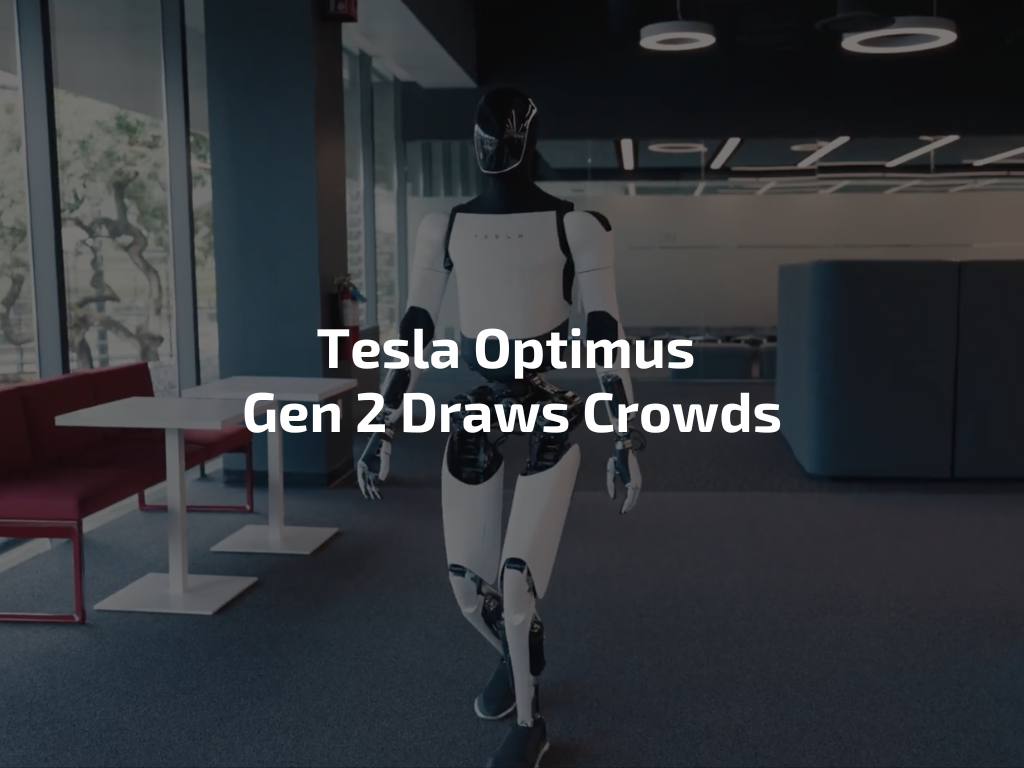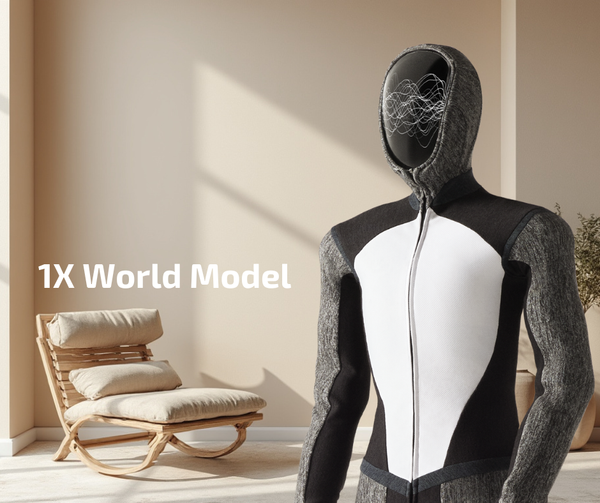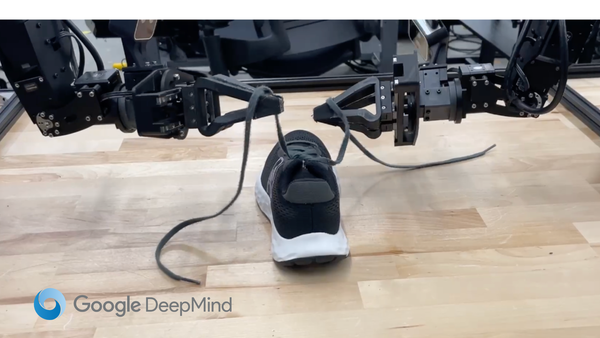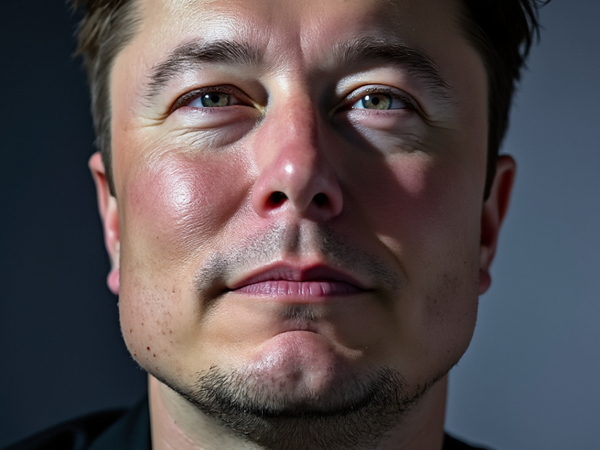Optimus Gen 2 Draws Crowds and Six More Stories
Optimus Gen 2 draws big crowds at the WAIC. NVIDIA's new model, significant investments, ethical considerations for humanoids, and much more.

Welcome to the latest update on the humanoid robot market.
I'm changing the newsletter format to free up space for more updates. Let me know what you think.
Today, we’ll explore the stories making headlines and the exciting developments, significant investments, and ethical considerations shaping the future of robotics.
Let's dive in...
Tesla Optimus Humanoid Robot Draws Crowds at World AI Conference
First up, Tesla's Optimus Gen 2 humanoid robot stole the spotlight at the World Artificial Intelligence Conference (WAIC). Despite no live demonstrations, it drew significant crowds, as showcased in a glass case.

The Optimus Gen 2 features enhanced motion and handling capabilities, enabling it to perform routine tasks like folding laundry. Tesla envisions these robots in homes and factories, with potential market availability by 2025.
This could revolutionize the robotics market, positioning Tesla as a leader in automating routine tasks and enhancing productivity.
Source: IOT World Today, South China Morning Post
NVIDIA Introduces A New Model To Plan And Control The Movements Of Humanoids
Next, let’s turn to NVIDIA Research in Israel, which has introduced PlaMo (Plan and Move), a new computational approach for planning and controlling humanoid movements in complex 3D environments.
PlaMo integrates a scene-aware path planner and a robust control policy to navigate dynamic 3D terrains. Tested on the SMPL humanoid in NVIDIA's IsaacGym, it successfully navigated obstacles using textual instructions.
This innovative system has broad applications in gaming, simulation, and visual content creation, setting a new standard for realistic humanoid movements in virtual environments.
Sources: TechXplore
Nio Validating Use Of 1st Humanoid Robot With Huawei's HarmonyOS
Now, Nio is making waves by validating the Kuavo humanoid robot, equipped with Huawei’s HarmonyOS, at its vehicle assembly plants.
This partnership with Jiangsu Hengtong Group aims to enhance manufacturing efficiency, precision, and productivity.
Kuavo, showcased at Huawei’s HDC 2024 conference, uses the Pangu large model for versatile applications, positioning Nio at the forefront of automotive innovation.
Source: CnEVPost
Robotics Investment: Navigating Hype, Reality, And Future Innovation
Next, let’s talk about the Robotics Invest Conference in Boston. This event gathered nearly 300 industry leaders to discuss trends and the future of robotics investments.
With robotics investments hitting over $2.1 billion in May 2024, significant deals like Vecna Robotics' $100 million Series C round highlight the sector's financial momentum.
The conference underscored the importance of targeted funding for early-stage startups and the critical role of AI advancements in enhancing robotic capabilities.
Source: Forbes
China Organizations Propose Guidelines For Humanoid Development
Switching gears to China, five Shanghai-based organizations have drafted guidelines to promote the ethical development of humanoid robots.
These guidelines emphasize safety, human dignity, and security, advocating for global cooperation and standardization.
This guidelines aim to fill the current gaps in risk management and ensure the safe, ethical deployment of humanoid robots worldwide.
Source: Robot Report
Healthy Loong Debuts At World Artificial Intelligence Conference
In other exciting news, Healthy Loong, a full-size general-purpose humanoid robot, debuted at the World Artificial Intelligence Conference 2024 in Shanghai
Developed by Humanoid Robot (Shanghai), this 185cm tall robot features 43 active degrees of freedom for highly bionic motion control.
Its ability to navigate obstacles and perform tasks in intelligent manufacturing and hazardous environments showcases significant progress in humanoid robot development.
Source: Shine
Skild AI Company Raises $300 Million To Build Robot Brains
Meanwhile, Skild AI has raised $300 million to develop a "general-purpose brain" for robots.
Founded by Carnegie Mellon University professors and backed by investors like Jeff Bezos and Softbank Group, Skild AI aims to create scalable AI models for versatile robot applications.
Their technology promises to enhance capabilities, reduce costs, and address labor shortages across various industries.
Source: Pittsburg Post Gazette



